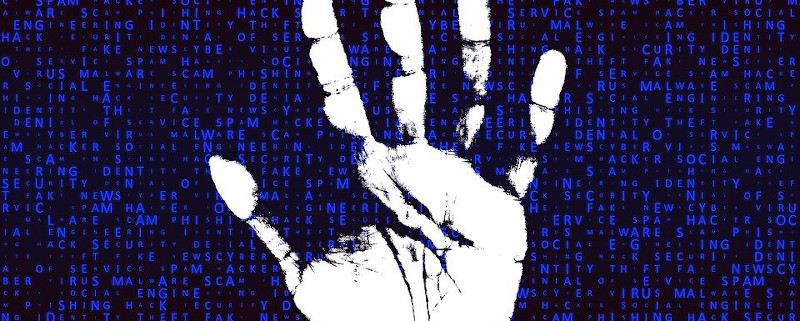Why The Future Of Cyber Operations Will Be Covert – Analysis – Eurasia Review
By Richard L. Manley*
Current cyber conflict looks very similar to traditional conflict models. The difference from traditional power dynamics offered by the cyber domain, however, is the asymmetrical advantage of technology for would-be actors. This new element of national power allows weaker actors to “punch above their weight” in competition or conflict with Great Powers in a unipolar or multipolar world. John Arquilla describes this new environment as an “information revolution” that “implies the rise of cyber war, in which neither mass nor mobility will decide outcomes.”1 Continuing in the spirit of Ivan Arreguín-Toft’s strategic interaction theory, cyber operations allow significant latitude for strong actors to compete indirectly, short of physical conflict in the traditional sense.2 Cyber also allows weak actors to impose costs against strong actors without incurring significant risk. Strong actors continue to integrate the effects achieved in the cyber domain into their doctrinal foreign policy, whether militarily or otherwise, to maximize layered effects. The outcomes of the new competitive space of cyber have been theorized for decades now, but what makes prediction difficult is the pace of innovation and the change in available technology.
This article discusses the effects of cyber operations on the strategic interaction of actors in the cyber domain, gives examples of the use of cyber in Great Power competition, and explains how cyber operations offer an asymmetric advantage to weaker actors. It focuses on works by Keir Giles, Austin Carson and Keren Yarhi-Milo, and Ryan Maness and Margarita Jaitner toward the use of cyber operations by revisionist state actors such as the Russian Federation and the People’s Republic of China. It demonstrates how cyber allows these actors to “play a weak hand well” in support of their respective theories of hybrid warfare and unrestricted warfare. Moving on from revisionist states, this article gives examples of strategic interaction in the cyber domain by rogue states such as North Korea by describing the asymmetric advantage that nation enjoys as the weaker actor in a struggle with South Korea and the…

